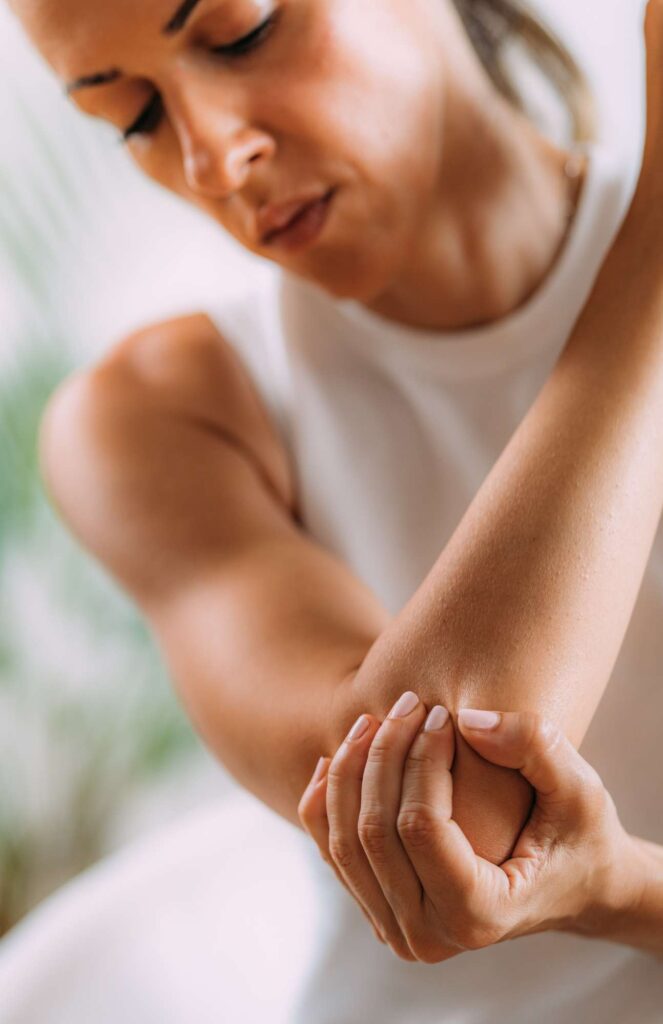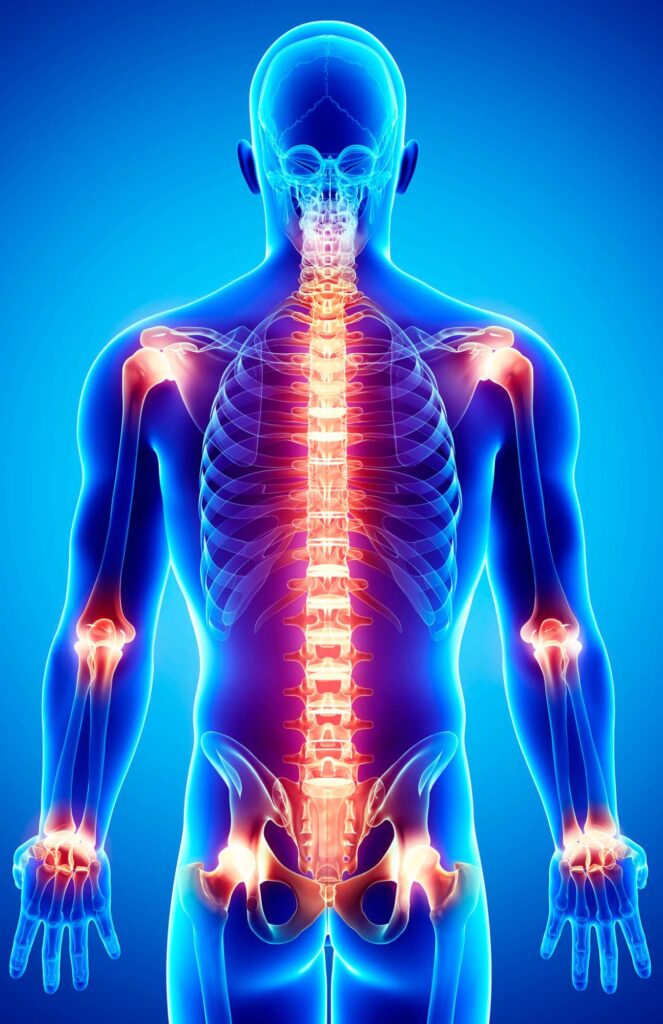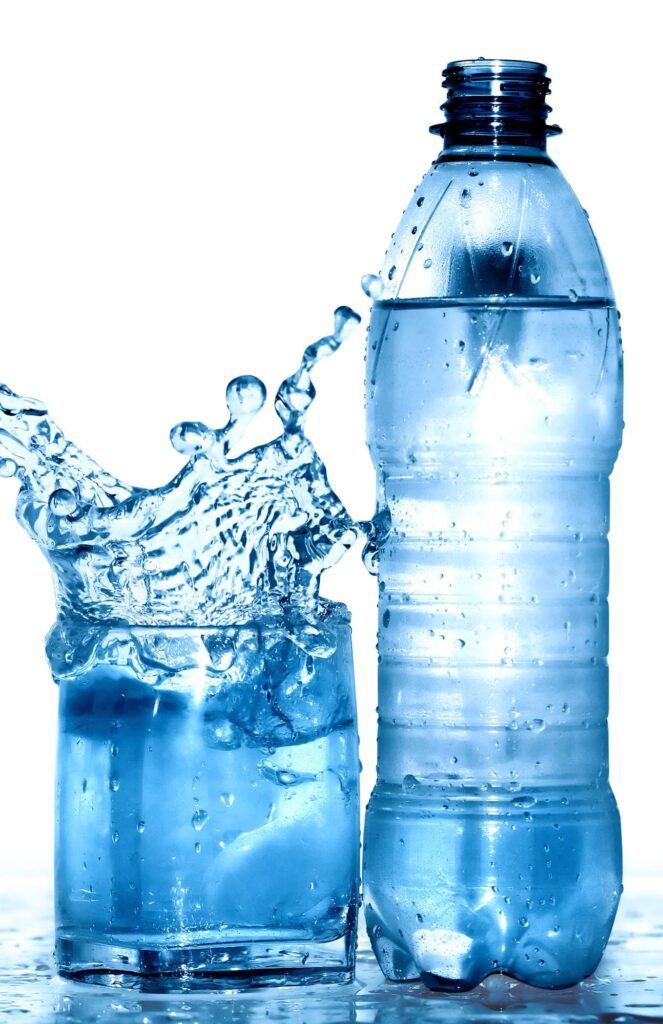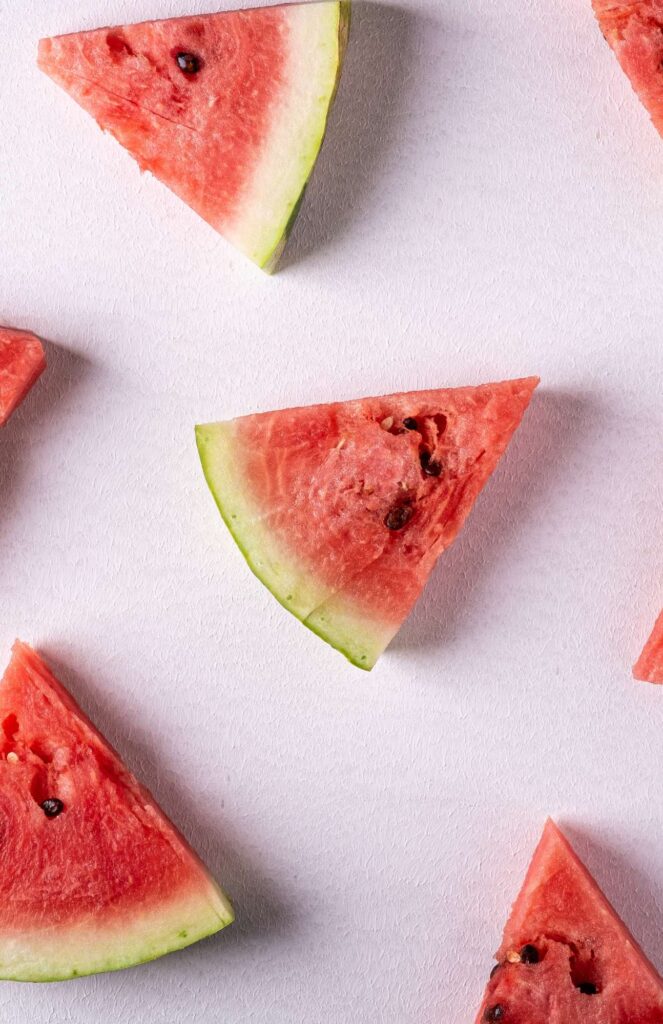Joint Pain and Dehydration: The Hidden Link You Need to Know
Last Updated on January 8, 2024 by Dr. Tiffany Egan
As someone who has experienced joint pain in the past, I understand the frustration and discomfort it can cause. It can limit your ability to perform daily activities and even affect your overall quality of life.
While there are various factors that can contribute to joint pain, one surprising connection that is often overlooked is dehydration.
Yes, that’s right! Even with mild dehydration, the simple act of not getting enough fluids, can actually be one of the potential causes of joint pain.
In this article, we will delve into the relationship between joint pain and dehydration, and understand how staying hydrated can promote healthier joints.
Table of Contents
Understanding the connection between joint pain and dehydration
Before we dive into the connection between joint pain and dehydration, let’s first understand what joint pain actually means. Joint pain refers to any discomfort, soreness, or aching sensation that arises from any joint in the body.
Joints are the connections between bones that allow movement and flexibility. When these joints become inflamed or damaged, pain can occur.
This pain can range from mild to severe, and can be caused by various factors such as age, injury, or underlying medical conditions.

The importance of hydration for joint health
Now that we have a basic understanding of joint pain, let’s explore why adequate hydration is crucial for joint health.
Our joints are surrounded by a gel-like liquid substance called synovial fluid, which acts as a lubricant and cushion to reduce friction between the bones. This fluid is primarily composed of water, making hydration essential for maintaining its optimal function.
When we are dehydrated, the amount of synovial fluid decreases, leading to increased friction and wear and tear on the synovial joints. This can result in joint pain and discomfort.
Additionally, proper hydration helps to support the overall health of our joints by ensuring that the cartilage, which covers the ends of our bones, remains hydrated and nourished. Cartilage acts as a shock absorber, protecting the joints from impact and allowing for smooth movement.
When we are dehydrated, the joint cartilage can become dry and brittle, making it more susceptible to damage and increasing the risk of joint pain.
How dehydration can contribute to joint pain
Now that we understand the importance of hydration for joint health, let’s explore how joint pain and dehydration are related.
When our bodies are dehydrated, the overall fluid balance is disrupted, leading to an increased concentration of toxins and waste products in the joints. This can trigger an inflammatory response, causing pain and swelling in the joints.
Additionally, dehydration can decrease your blood volume and impair the body’s ability to flush out these toxins, further exacerbating joint pain.
Furthermore, dehydration can also lead to muscle cramps and stiffness in your connective tissues, which can indirectly contribute to joint pain.
When our muscles are dehydrated, they are more prone to tightness and spasms, placing additional stress on the joints. This can lead to discomfort and chronic pain, especially during movement or a higher physical activity level.
Glutamine is an amino acid that can help fight muscle fatigue and increase physical performance. Here are some of the best glutamine supplements.

Symptoms of joint pain and dehydration
Now that we understand how dehydration can contribute to joint pain, let’s explore the symptoms of chronic dehydration and how they can manifest in relation to joint health.
Some common symptoms of chronic or severe dehydration include increased thirst, dry mouth, dark-colored urine, fatigue, and dizziness. These symptoms are often accompanied by joint pain, stiffness, and reduced range of motion.
It’s important to note that these symptoms and health issues can vary from person to person, and it’s essential to listen to your body and address any signs of dehydration promptly.
Tips for staying hydrated to prevent joint pain
Preventing joint pain and dehydration is as simple as ensuring that you stay properly hydrated throughout the day. Here are some tips to help you increase your water consumption and maintain healthy joints:
- Drink an adequate amount of water: The best way is to aim to drink at least 8 glasses of water per day, and increase your intake if you are physically active or in hot weather. So, how much water to you drink each day?
- Eat hydrating foods: Incorporate water-rich fruits and vegetables into your diet, such as watermelon, cucumbers, and tomatoes. These foods not only have a higher water content but also offer essential vitamins and minerals that support joint health.
- Limit caffeine and alcohol intake: Both caffeine and alcohol have diuretic effects, which can increase fluid loss and contribute to dehydration. Limit your consumption of these beverages and opt for water or herbal tea instead. Side note: coffee can deplete magnesium! Magnesium is an essential mineral our body needs to function properly.
- Set reminders: It’s easy to forget to drink water throughout the day, especially when we are busy. Set reminders on your phone or use a water bottle with measurement markers to track your daily water intake. Top tip: Try to drink a glass of water every hour.
- Listen to your body: Pay attention to your body’s signals of thirst and drink water whenever you feel the need. Don’t wait until you are extremely thirsty, as this is often a sign of dehydration. Also, be aware of the common signs of dehydration!
- Avoid long periods in extreme heat: High temperatures and climates are much more dehydrating for the body. Be sure to drink extra fluids when you are exposed to heat.
By following these simple tips, you can ensure that you stay properly hydrated and reduce the risk of joint pain and dehydration.

Hydration and joint pain management
While staying hydrated is essential for preventing joint pain caused by dehydration, it can also play a role in managing existing joint pain.
When you are already experiencing joint pain, staying hydrated can help alleviate some of the discomfort by reducing joint inflammation and promoting optimal joint function.
Additionally, hydration can aid in the absorption of medications or supplements that you may be taking for joint pain management.
It’s important to note that while staying hydrated is beneficial, it may not be a standalone solution for managing severe or chronic joint pain.
If you are experiencing persistent joint pain, it’s essential to consult with a healthcare professional for a comprehensive evaluation and appropriate treatment plan.
Foods and drinks that promote hydration and joint health
In addition to drinking plenty of water, there are certain foods and drinks that can promote hydration and support joint health. Incorporating these into your diet can provide additional benefits for your joints.
Here are some examples:
- Green tea: Green tea is not only hydrating but also contains antioxidants that have anti-inflammatory properties. These antioxidants can help reduce joint pain and support overall joint health. Be aware that green tea contains caffeine which can also dehydrate you as well.
- Omega-3 fatty acids: Foods rich in omega-3 fatty acids, such as fatty fish (salmon, mackerel) and chia seeds, can help reduce inflammation in the joints and alleviate joint pain.
- Citrus fruits: Citrus fruits like oranges and grapefruits are not only hydrating but also rich in vitamin C. Vitamin C is essential for collagen synthesis, which is a key component of healthy joints.
- Bone broth: Bone broth is an excellent source of hydration and contains compounds like collagen and glucosamine, which support joint health and reduce joint pain.
The good news is, by incorporating these foods and drinks into your diet, you can provide your joints with good hydration and nutrients to stay healthy and pain-free. Take note of your daily fluid intake, either through drinks OR food.

Other factors that can contribute to joint pain
While dehydration is a significant factor in joint pain, there are other factors that can contribute to joint pain as well. Some common factors include:
- Age: As we age, the natural wear and tear on our joints can lead to joint pain and discomfort.
- Injury: Trauma or injury to the joints, such as sprains or fractures, can cause acute or chronic joint pain.
- Arthritis: Various forms of arthritis, such as osteoarthritis or rheumatoid arthritis, can cause joint pain and inflammation.
- Overuse or repetitive motion: Engaging in repetitive activities or overusing certain joints can lead to joint pain and inflammation.
- Obesity: Excess weight puts additional stress on the joints, leading to pain and discomfort.
It’s important to consider these factors and address them appropriately to manage joint pain effectively. Maintaining a healthy lifestyle, engaging in regular exercise, and seeking medical advice when needed can all contribute to better joint health.
Conclusion – The significance of staying hydrated for joint health
In conclusion, the connection between joint pain and dehydration is a surprising yet significant one. Staying hydrated is essential for maintaining optimal joint health and preventing joint pain caused by dehydration.
By ensuring that you drink enough water, eat hydrating foods, and listen to your body’s thirst signals, you can reduce the risk of joint pain and promote healthier joints.
It’s important to remember that hydration is just one aspect of joint health, and other factors such as age, injury, and underlying medical conditions can also contribute to joint pain.
If you are experiencing persistent or severe joint pain, it’s crucial to consult with a healthcare professional for a proper evaluation and treatment plan.
Take care of your joints by staying hydrated, and you’ll be able to enjoy a life free from the discomfort of joint pain.
If you found this article helpful, be sure to share it with your friends and loved ones who may also benefit from understanding the connection between joint pain and dehydration. Stay hydrated, stay healthy!







3 Comments
Comments are closed.